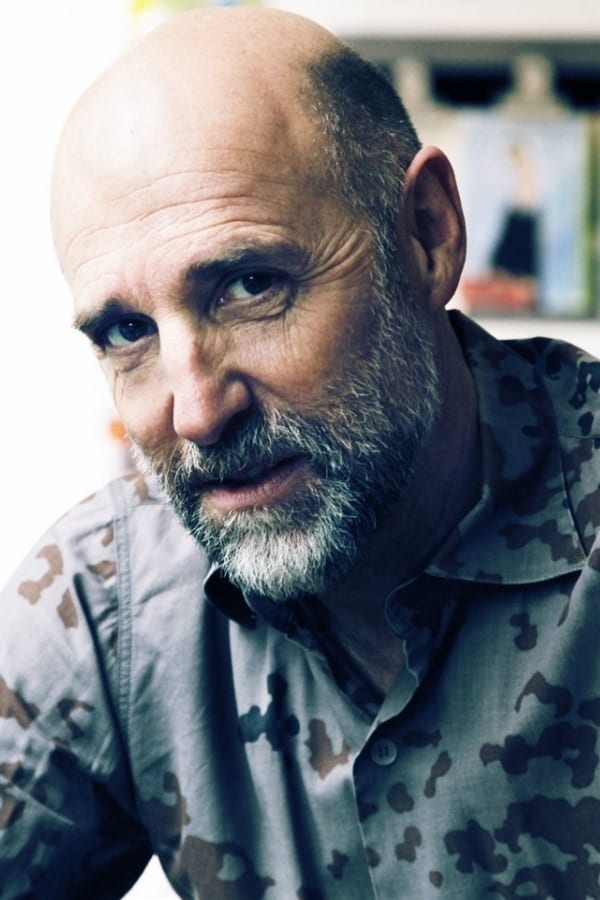
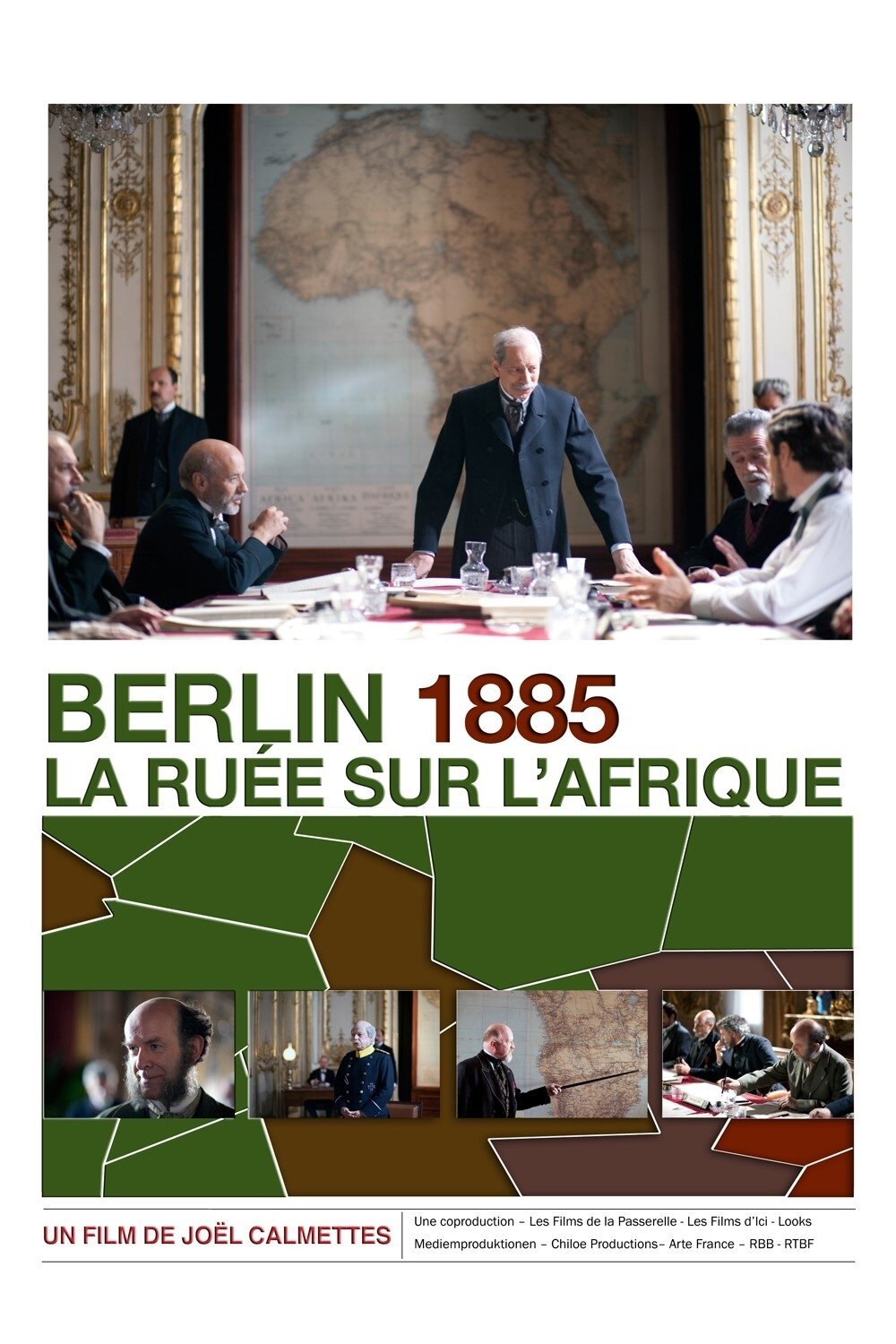
A docudrama depicting the Berlin Conference in which the Western powers decided the partition of Africa.
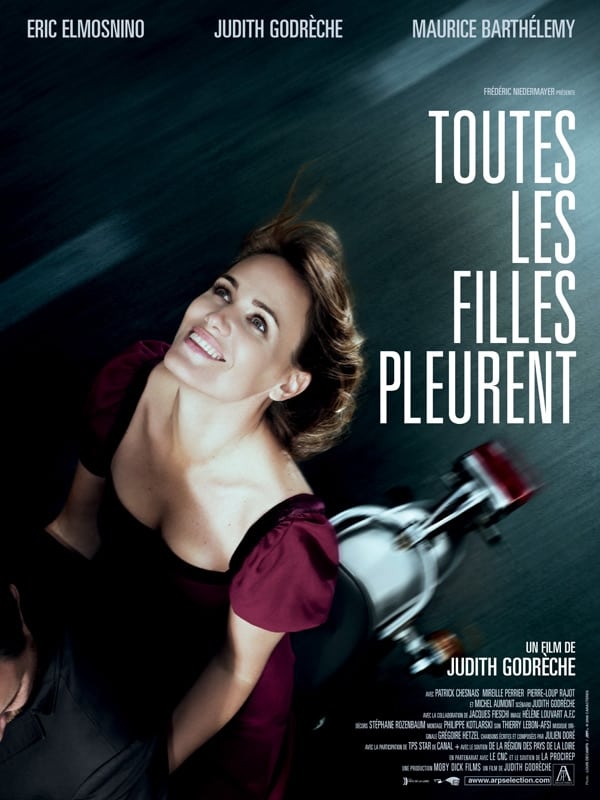
Romantic drama in which a young woman must learn to live with her past in order to finally move forward.
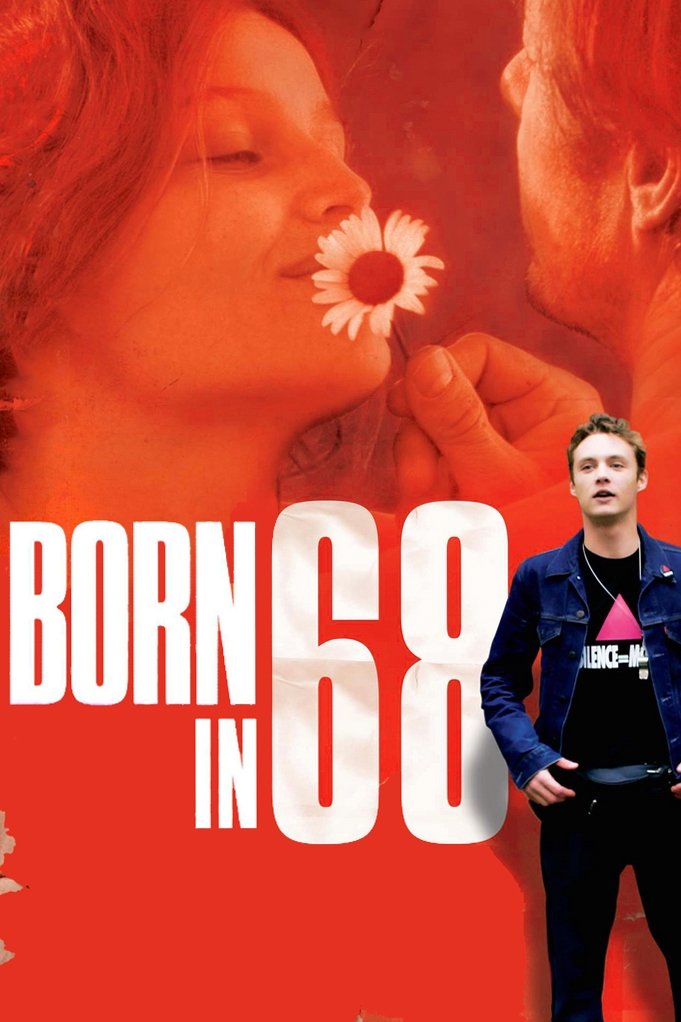
1968. Catherine, Yves and Hervé are twenty years old. They're students in Paris and they love each other. The May student uprisings radically change their lives. Overtaken by communal utopia, they leave the city with a few friends to set up house in an abandoned farm in the Lot region. A desire for freedom and the search for individual fulfillment lead them to make choices that cause them to separate.
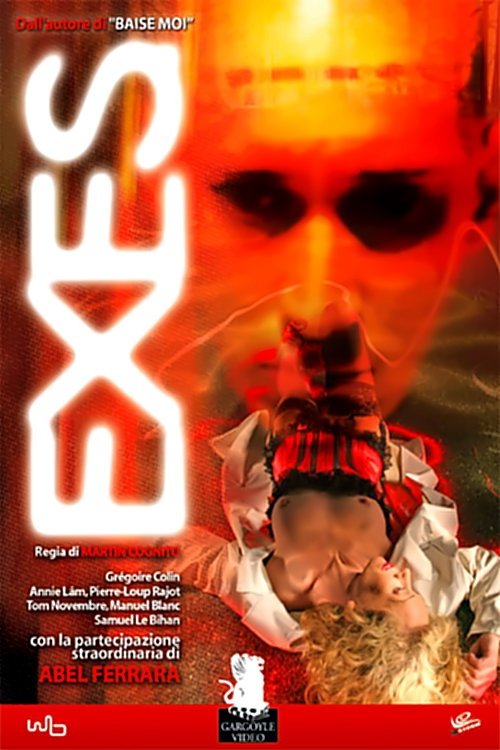
Virginie, a very famous writer, is caught up in her past. A serial killer with inhuman cruelty, Exes, the hero of his first novel, wants to take revenge on her.
Glamorous theater actress, Diane de Montalte, finds it difficult to accept that her 23-year- old gay, live-in son, Marc, wishes to live a more low-key life. While Marc travels frequently from Paris to Marrakesh to visit his lover, Dionys, Diane begins a casual relationship with the only somewhat dashing Roland.
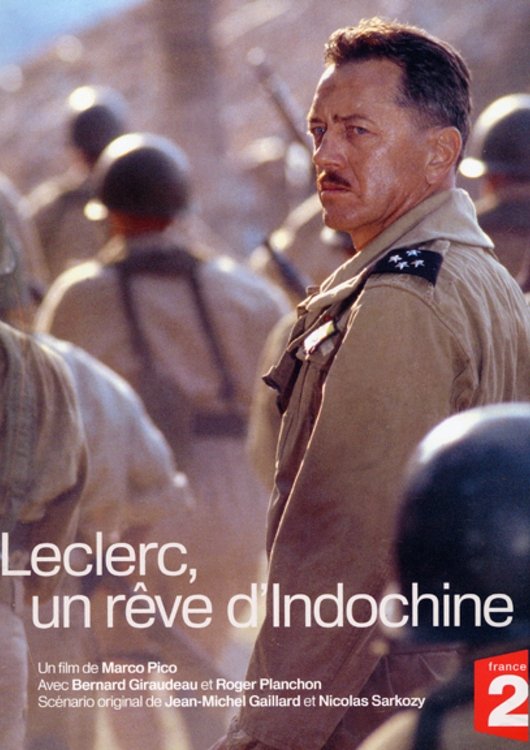
In Hanoi, a French couple who had come to adopt a baby met Maï, an old woman who had a love affair with a French officer in 1945. She tells how, sent by de Gaulle to restore order, Leclerc negotiates with Ho Chi Minh, against the advice of d'Argenlieu, the high commissioner.
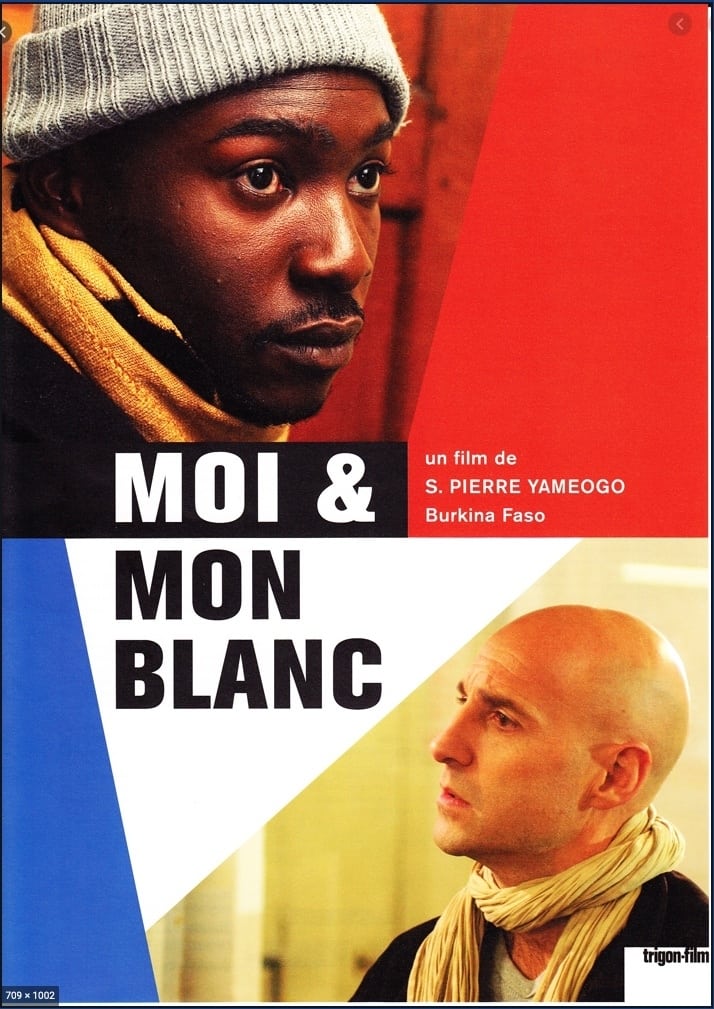
An African student stranded in Paris after losing his government grant discovers a bag of drugs and money while working as a parking garage attendant.

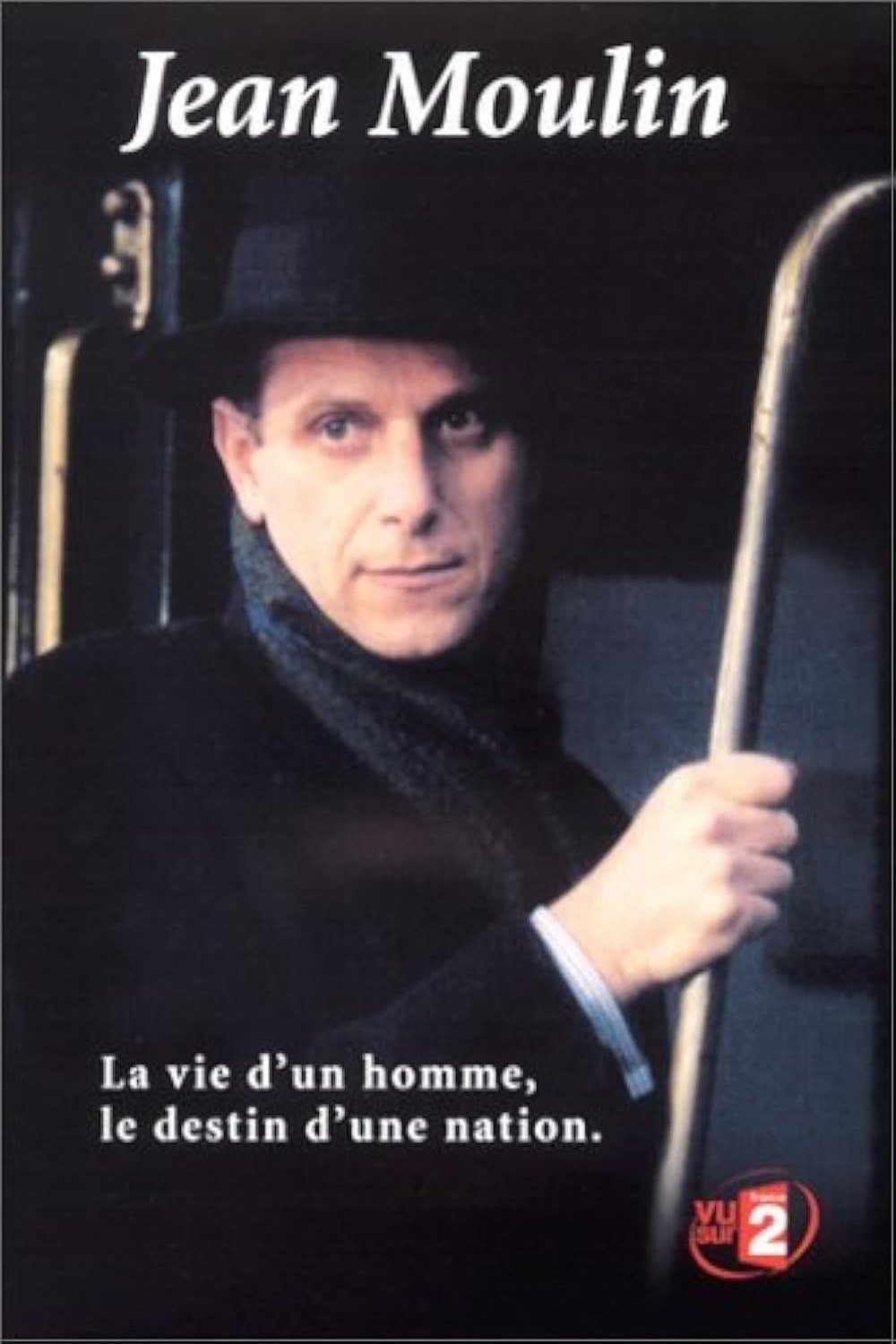
The life (and death under torture) of Jean Moulin, head of the French Interior Resistance movements during WWII.
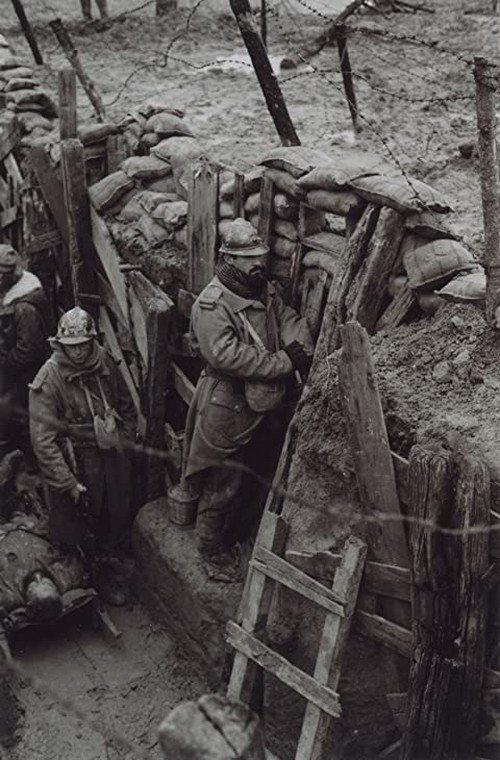
When the Big war started, the 2nd of August 1914, Louis is one of those first mobilized. He has to leave Marie and his village in Corsica for the plains of the Marne where the fights rage. On the front, he is a stretcher-bearer and crosses the battlefield, at night, in search of the wounded. One day, while the trench is sorely lacking water, he is chosen to go to a well situated halfway between the French and German territories in what they called "no-man's-land". There, he finds himself in front of a German soldier who has also come too stock up.
Pierre-Loup Rajot (born 9 February 1958) is a French stage, television and film actor, director, producer and screenwriter. He is a 1985 César Award recipient for Most Promising Actor for his performance in the 1984 comedy film Souvenirs, Souvenirs. Born in Ambert, Pierre-Loup Rajot later studied environmental science and technology at university. Following his graduation from university, he was a pupil of Francis Huster at the Cours Florent and attended Patrice Chéreau's theater courses at the Théâtre Nanterre-Amandiers in Nanterre where Chéreau directed him in roles of four Shakespeare's plays (Love's Labours Lost; As You Like It; Much Ado About Nothing; Twelfth Night). He made his screen debut in the 1982 Maurice Pialat directed film À Nos Amours. In 1985 Rajot won the César Award for Most Promising Actor at the 10th César Awards for his performance in the 1984 comedy film Souvenirs, Souvenirs, directed by Ariel Zeitoun. He has appeared in films opposite Yves Montand in Garçon! (1983), Jeanne Moreau in La nuit de l'océan (1987), Michel Aumont in Le petit Marguery (1995) and Audrey Tautou in Voyous voyelles (2000). Rajot has also appeared in a number of French television films and serials. He is possibly best known for his leading role as Hugo Chalonges on the TF1 crime-drama series R.I.S, police scientifique from 2005 to 2010. He also appeared as the character Fiaux in the television mini-series The Blue Bicycle alongside Laetitia Casta (2000) and again with Casta, playing her father in the 2008 comedy-drama film Nés en 68. In addition to acting, Rajot has worked as a director, producer and screenwriter. Pierre-Loup Rajot is married to actress Céline Rajot (née Guignard) and is the father of three children: Mathis, Alma and Orfeo. Source: Article "Pierre-Loup Rajot" from Wikipedia in English, licensed under CC-BY-SA 3.0.
By browsing this website, you accept our cookies policy.